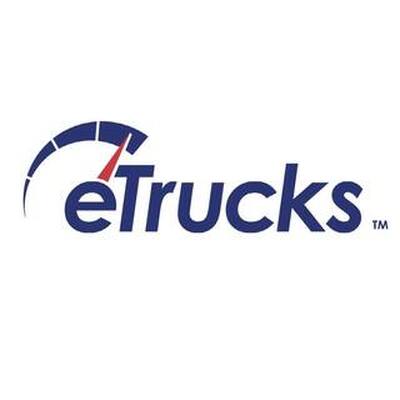ELD compliance - What points to keep in mind?
منشور من طرف eTrucks Canada
الجسم
A truck fleet manager has to adhere to many rules and norms. These regulations are built for the convenience of the drivers and for fleet safety. Let us see what are some points to stay aware of when complying with Electronic Logging Devices or ELD fitted into your vehicles.


[1] Choose wisely
It is important that you be practical when picking an ELD system for your company. The market is flooded with options for ELD solutions. But your choice can make or break your compliance efforts. Look for FMCSA-registered devices. They offer user-friendly interfaces. Plus, you will come across reliable customer support and robust features beyond basic compliance. After all, a good ELD isn’t just a regulatory checkbox. In my experience, it is a tool that can streamline your operations and boost efficiency.
[2] Constant training is the key
You wouldn’t put a driver behind the wheel without proper training. So why would you do it with ELDs? You can ensure successful implantation with exhaustive training. This way, you help it grasp the nuances of critical aspects like hours of service or HOS rules. Regular refresher courses can keep everyone sharp. Such sessions will help prevent costly mistakes.
[3] Master the Art of Data Transfer
Consider a situation of a roadside inspection. Here, smooth data transfer can be the difference between a quick check and a time-consuming ordeal. This can happen when your drivers are well-versed in both electronic and backup methods of data transfer. They need to know how to display logs on the ELD screen. Also, they need a working knowledge of transmitting data electronically.
[4] Embrace the Power of Pre-Trip Planning
ELD solutions offer accurate HOS data. As a result, pre-trip planning has never been more critical. Encourage your drivers to review their available hours before hitting the road. Plus, they can now plan their routes as per this data. This proactive approach can prevent HOS violations. It will also bring down stress for drivers juggling tight schedules.
[5] Don’t Neglect Your Supporting Documents
It is true that ELDs have digitized much of the logging process. But in my experience, supporting documents are still crucial for ELD compliance. You need to maintain a system for collecting and retaining documents like fuel receipts. They may also include bills of lading and dispatch records.
[6] Stay Ahead of Repair and Malfunctions
An ELD is only as good as its functionality. Hence, you need to carry out timely maintenance checks. Doing so can prevent unexpected malfunctions. But when issues do arise, having a clear malfunction protocol is crucial. Train your drivers on how to recognize ELD issues. Show them how to maintain paper logs as a backup and report issues promptly.
To conclude
These points will help you stay on the right side of the law while keeping your wheel turning. Make sure that your ELD compliance factors in these essential aspects.
Brian Styris is the author of this article. To know more about Real-time Telematics For Fleets please visit our website: etrucks.com












تعليقات